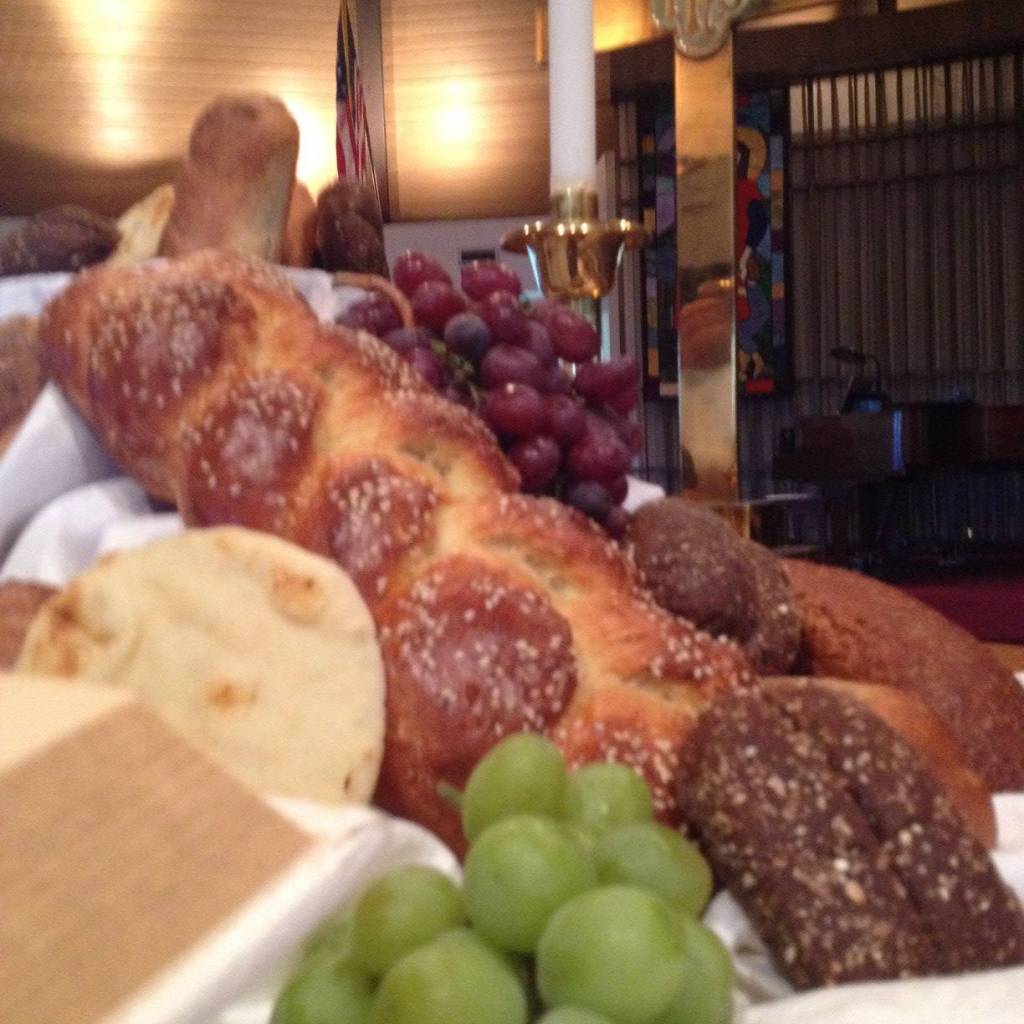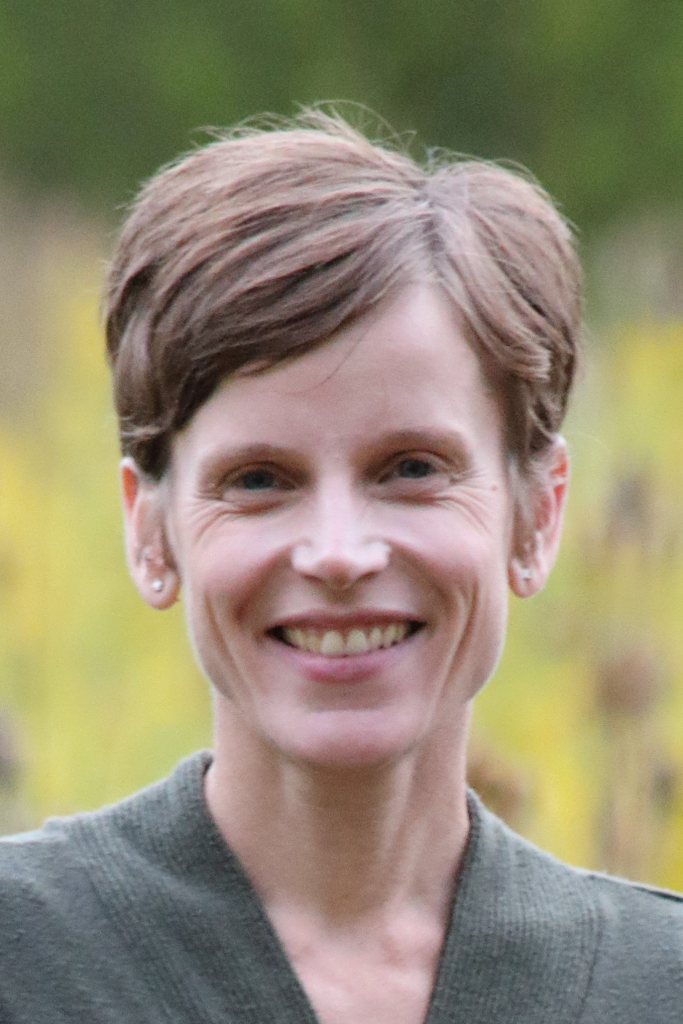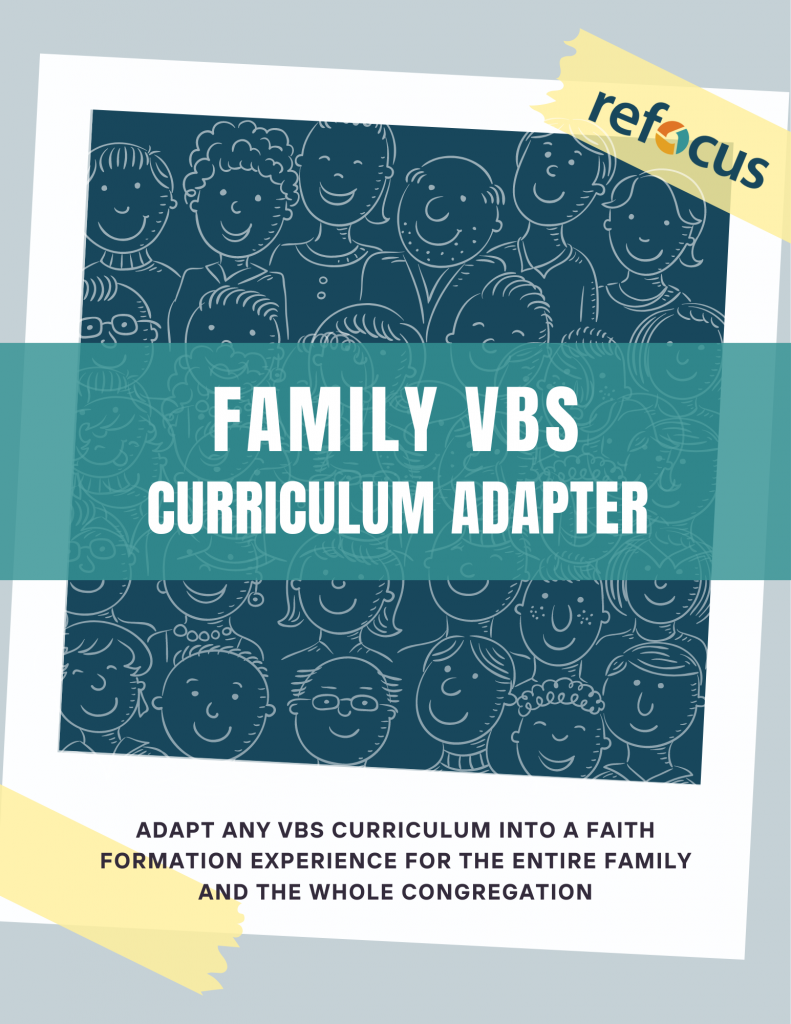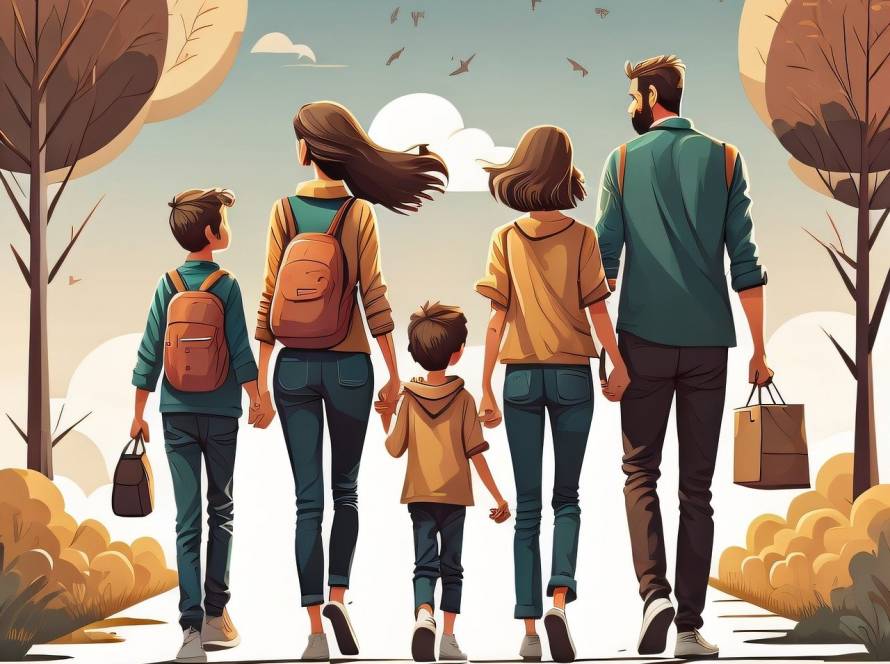During the season of Lent, ReFocus is excited to invite a number of guest authors to share their thoughts on ways that all generations can engage with Lent and worship, learn, and grow together during this season. Today’s guest blogger is Ann van der Merwe who has a heart for connecting worship to art and practice with the whole community. Thank you, Ann, for sharing your heart with us this week!
Two decades ago, I was studying music in graduate school, and the Catholic mass was one of many key genres that was part of my degree program at the time. One of the intriguing things I learned was how, during the offering, people would bring forward bread they had baked to be used for the eucharist. Now, twenty years later, I find myself reading these words from Makoto Fujimura:
The Eucharist assumes that we make with our own hands the very elements that will symbolize the broken body of Christ and the redemptive sacrifice that leads us to the New Creation. We use the bread and wine to represent what is to come…Such making requires the collaboration of farmers, perhaps for generations, who raise wheat, bread makers who bake the bread, and the bread shop that distributes it…Bread and wine are both realities that would not exist on their own, but earthly materials must be cultivated by human beings and require much time to create. In other words, just by wheat or grapes growing naturally, neither of these elements for the Eucharist will be created. Human beings, through their toil, and over a period of time experimenting to perfect the craft, have made bread and wine.
Makoto Fujimura, Arth + Faith: A Theology of Making, Consider the Christian Eucharist, p. 73

Buttery Bliss Bakery
I immediately remembered learning about this practice years ago, and I began to imagine that kind of medieval worship unfolding with Fujimura’s added insight about God’s use of human creativity. My mind was filled with the rich visual imagery of the bread being brought to the altar and offered up. I considered how that bread had been made and shaped by human hands. I thought about how nearly all the people watching the bread moving toward the altar would have had some hand in its creation as well, whether as landowners of the farmland, as merchants who bought and sold ingredients, or as the poorest serfs who worked the land.
Then, I reflected on how this medieval European practice, seemingly so ancient to us, connects to the far more ancient Hebrew practice of the grain offering. I had a clear picture of how, as the people listened to words they did not understand, people who never held a Bible in their hands or had the ability or opportunity to read the words of Jesus, could witness the story of Passion unfolding through the symbolism of this ritual and know that they were both personally and communally involved.
I have deep respect for the theological and practical changes that accompanied the Protestant Reformation, not only for Protestants for but Catholics, too. Yet the Reformation has also had the unfortunate side effect of devaluing the transparency of making within worship and its meaning for people of all ages and backgrounds.
The push for intellectual understanding that began during this time gradually led the church to set aside elements of worship that highlighted making within the church community, elements designed to tell the Biblical story without words. Visual elements become secondary, tertiary, or even – in the most rigorous of Protestant movements – completely absent.
Beautiful things and meaningful actions were displaced almost exclusively by words. As a singer and as a writer, I find words to be both powerful and creative. But I also love beauty and meaning conveyed in other ways. And, for the sake of children, immigrants, and many others for whom words alone may prove a barrier, it behooves us to reconsider ways we can reintegrate such things into our churches.

Thankfully, music is one artistic expression that has remained central to Christian worship. But even so, the creativity of the music within worship and the visibility of its creation have been diminished. If this seems like an overstatement, consider this. J.S. Bach, who lived in the century following the Reformation, was known in his own lifetime primarily as a church organist. The vast amount of music he wrote for communal worship was so normative that his compositions, now revered for their exquisite complexity and musical richness, were largely considered just part of his job. But as time passed, this changed.
When was the last time you heard new music composed specifically for your church?
Or, when was the last time you heard music that was written for a specific practice within worship?
Over time, we have begun to produce and use more utilitarian creations that can be repeated more frequently and are not expending the same kind of effort. So, like the bread we share during communion, music is still present. But it’s making is far less visible and its unique creativity is far less celebrated.
Can any of this be reclaimed? I think so. And I think Lent offers us a particularly beautiful opportunity to do so, not only due to the focus of the season but to a greater willingness on the part of many to do things a bit differently during these forty days of the church year.
As I reflect on my own experiences of Lent, I think about how I have been able to experience or witness creativity and making more visibly and more often than I usually do. The season is already ripe with symbols, colors, smells, actions, and sounds rooted in the Biblical narrative that can become part of our retelling of that story as we gather. We can choose whether we limit their use or to weave them beautifully into the tapestry of our worship.

ABOUT THE AUTHOR
Ann van der Merwe is a singer, writer, wife, and mom who lives in southwest Ohio. Professionally, she has been a performer, a teacher, and a ministry leader, and she is currently waiting to see what role God has next in store for her.
REFOCUS MINISTRY COHORTS
Have you ever been to an eye doctor and they flip different lenses in front of your eyes and say, “Better or worse?” on repeat. And finally you land on a set of lenses that helps the whole world become clearer and once you’ve seen it, you’ll never go back?
The ReFocus Ministry cohorts provide an experience like that; a new lens through which to see the world of church and ministry, one that answers our call to make disciples. 12-weeks of training, 1 year of coaching, and a lifetime of ReFocus resources. Ready to learn more? https://refocusministry.org/speaking-coaching/ (ReFocus Ministry Cohort tab) or email christina@refocusministry.org.
VBS FOR THE WHOLE FAMILY? YES!

Vacation Bible School is often one of the highlights of the church year. It’s fun! It’s loud! It’s got snacks! But over the years, more and more churches have been wondering, “Has VBS run its course? Is it effective? Are we reaching our community?”
Let’s imagine a different kind of VBS.
Imagine the entire family moving through a faith experience together; playing games, building crafts, maybe even a short parent training on faith formation at home… all happening at one of your cherished church events – VBS!!
Now imagine a tool that helps make it all possible. Welcome to the Family VBS Curriculum Adapter!
This resource will go LIVE on Thursday, February 1, 2024. Keep an eye on our Facebook page and website for ways to purchase!
About the Founder of ReFocus Ministry
Christina Embree is the founder and director of ReFocus Ministry. She holds a masters in ministry focused on Children, Youth, and Family Ministry and a doctorate in spiritual formation with a focus on age segregation and intergenerational ministry. In addition to coaching churches of multiple denominations and traditions all around the globe, Christina serves as the Minister of Generational Discipleship for the Great Lakes Conference of the Brethren in Christ and as a pastor at Plowshares Brethren in Christ in Lexington, Kentucky. She is widely recognized as a speaker and author in the areas of generational discipleship, intergenerational ministry, and family ministry. As the mother of three children, she is familiar with the challenges of faith at home and pastoral ministry. She along with her husband Luke share a love for the church, their community, and the global work of peace and restoration through Jesus.
Interested in having Christina visit your church, speak at your conference, or coach your team? Christina speaks on a wide range of topics related to children, youth, and family ministry with a unique focus on connecting generations for discipleship within your church. Her personalized approach allows you to pinpoint the needs of your community and gain the insight that you are looking for. Whether this is a volunteer team training and pastoral staff meeting or a ministerial conference, her experience and knowledge will help you determine the next step forward in creating lifelong disciples.


